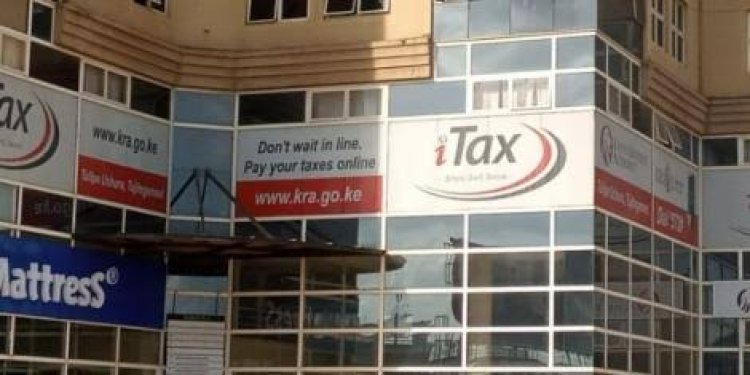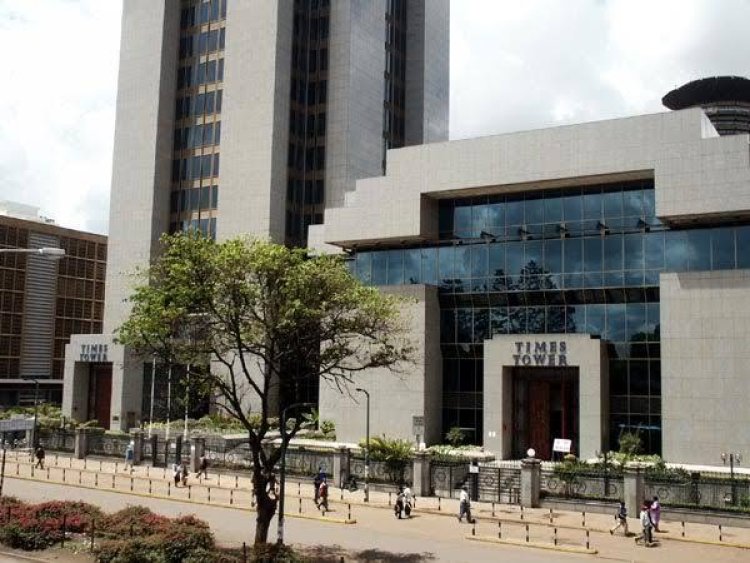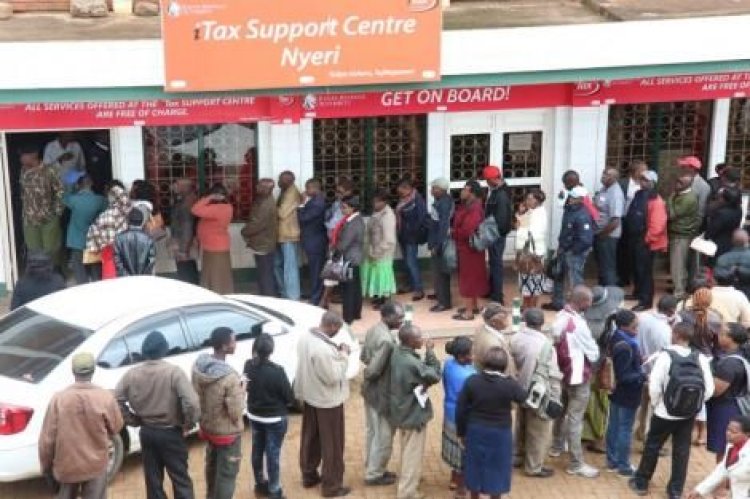KRA Suspends All Tax Relief Payments Indefinitely
KRA added that in the past five years, it has granted tax reliefs and incentives totalling Ksh610 billion, with an average of Ksh122 billion per annum.

The Kenya Revenue Authority (KRA) in concurrence with the National Treasury, has with immediate effect suspended all tax relief payments, until further notice.
In a statement on Tuesday, February 28, the taxman noted that the suspension was for the purposes of enhancing the current processes related to the payment of tax refunds, exemptions, waivers and abandonments.
KRA added that in the past five years, it has granted tax reliefs and incentives totalling Ksh610 billion, with an average of Ksh122 billion per annum.

"The move to suspend the payment of tax reliefs allows KRA to audit and enhance the tax relief processes and procedures. KRA continues to comply with the law by assessing and processing the tax reliefs during this process. However, payments will not be disbursed until the end of the process.
"The suspension of tax reliefs follows concerns from taxpayers, initiating the need to restructure rules and procedures governing tax exemptions. The current suspension and ongoing review of tax reliefs is also aimed at increasing the impact of tax expenditure on economic growth. This will be achieved through minimising tax expenditure and aligning it with international best practices for better internal revenue," stated KRA in part.
KRA expressed optimism that the enhancement of the tax relief process and procedures will offer a permissible issuance of tax exemptions and will also ensure equitable processing of tax reliefs.
The improvement is part of the Government's strategy to seal revenue leakage and enable KRA to mobilise more taxes towards the country's economic growth.
"It is also part of the aggressive revenue mobilisation plan aimed at enhancing revenue collection and redirecting resources to finance priority growth-supporting programmes. This move is aimed at powering the Bottom up Transformation Agenda (BETA).
"In addition to enhancing trust and facilitation, KRA remains committed to the provision of excellent customer service to taxpayers. The Authority will continue working closely with taxpayers to resolve arising issues for ease of tax compliance," added KRA.
Prior to the suspension, tax relief payments were depicted in the Income Tax Act (cap 470), Section 30 which allows for personal relief at the rate determined under the third schedule. Section 31 of the Income Tax Act, allows for insurance relief on premiums paid for education policies, health policies or life insurance for resident individuals respectively.
Personal and insurance reliefs formed part of tax reliefs in Kenya. These incentives reduce the amount of tax one has to pay and are granted on a monthly basis.
Personal relief is the amount deducted by a resident person from tax payable by him. It acts as a credit against a tax liability. Every resident individual was entitled to a personal relief of Ksh16,896 per annum (Ksh1,408 per month) effective January 1, 2018.
For example, if you computed your taxes for a particular month and the tax due amounted to Ksh5,000, you would enjoy a tax relief of Ksh1,408. After deducting the tax relief, you would end up with a less tax burden of Ksh3,592.
One could also inquire how this applies to married persons. In Kenya, employers automatically grant personal relief to all employees irrespective of their marital status. Filing of a tax return for a married couple can be done jointly although their incomes are not lumped.
When an employee has more than one employer, he or she is entitled to relief from only one employer (Income Tax Act, section 30).

Kenyans lining up to file taxes. /MONEY254
Insurance relief is offered by the government to all life insurance policyholders. Resident individuals are entitled to relief on premiums paid for life, education and health policies.
Every resident individual was entitled to an insurance relief of 15% of the amount of premiums paid for self, spouse or child, subject to a maximum of Ksh60,000 per annum. The education policy must have a maturity period of at least 10 years.

 admin
admin 




